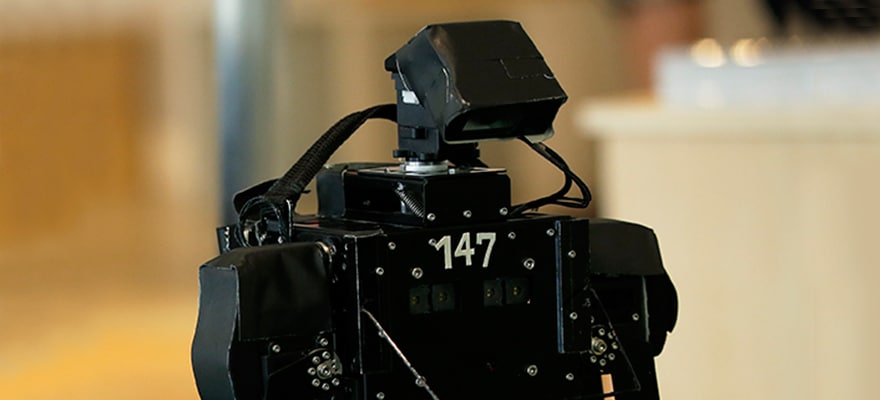“I’d say more, but I’m signed on NDA”

Jonathan Fine, Head of Content Projects
I wasn’t planning to chip in this time, but I stumbled upon an article so compelling I felt I ought to. Uncanny Valley, published by Anna Weiner in N+1 Magazine, is a short literary piece which lives up to its title.
Weiner’s nameless narrator is going through most commonplace experiences of the Valley, both physically and mentally, without really being a part of it. “I learn the bare minimum, code-wise, to be able to do my job well — to ask questions only when I’m truly in over my head,” she confesses. She is going from being the start-up’s inaugural customer support rep to become a “success manger”, a title so corny for her she can’t stand having it on her email signature.
It goes on and only gets better. What’s striking for me about this piece is the wit and depth with which it captures how corporate life looks like right now.
The new world of Online Trading , Fintech and marketing – register now for the Finance Magnates Tel Aviv Conference, June 29th 2016.
I don’t know if her rendering of Valley life is accurate (feedback by our fintech section’s readers would be appreciated), but it sure feels like it. And while we are witnesses to the great number of changes that startups and technology in general introduce to our finance, it’s nice to glimpse every once in a while the human surroundings where it happens.
AI Much Closer Than We Think
Like me, perhaps you grew up watching Terminator 2 or the Matrix, or you always just had a soft spot for robots or artificial intelligence (AI), maybe both. Regardless, what is now transpiring in Silicon Valley is nothing short of incredible, given the recent news swirling around the unveiling of Elon Musk’s artificial intelligence company, OpenAI.

Jeff Patterson, Senior Editor
One of the most overused words across the media is ‘disruptive’; we get it, company X is creating product Y that will somehow change the world and/or industry forever. And yet, I cannot help but contemplate the tantalizing notion of what OpenAI could mean not only for the broader industry but also for innovation moving forward.
Of course, we aren’t worrying about robots taking our jobs or some AI hijacking the US nuclear arsenal, i.e. Skynet. No, at the moment, the level of AI we are talking about is akin to a 1st grader playing a videogame, however that in and of itself is a big deal.
The new breed of AI will not only remake technology, but remake the way we build technology
It is rather exciting to see how much money is being poured into this realm, not just with AI research but the salaries and demand for top-level researchers in this space. While just a startup, OpenAI’s trajectory seems to be rather optimistic, given that it is backed by a man with limitless vision (Musk), seemingly limitless resources, and a confluence of ambition and desire to engineer the most comprehensive AI yet.
Before you dismiss this assertion as some long off futuristic notion, I recommend giving this article a quick read. I predict OpenAI is definitely a name we will be hearing about moving forward.

Victor Golovchenko, Senior Editor
Rethinking China
Let's get back to the human intelligence, or lack of it, in front of the trading screens. We have now moved into the eighth year since the eruption of the financial crisis in 2008. While many pundits have actively been discounting the possibility of a similar event occurring in the next decades, the Chinese economy has been on track to become dependent on a massive credit bubble. With a number of financial industry firms targeting Chinese retail clients, a credit bust in the country is likely to make that market substantially more difficult for operators.
While many argue that the Chinese government is in control of the situation, Ben Bernanke and Hank Paulson also thought that they were in control of the U.S. housing market.. just until they weren't. Before you even think that Chinese authorities have a better chance of unwinding the country’s credit bubble, give this article a thorough read and consider your business plans for expanding in the Far East carefully.


















